Religious Education
Curriculum Intent Statement
All non-faith schools are required by law to teach Religious Education (RE). At Loseley Fields, we adhere to the Surrey RE syllabus, established by the local Standing Advisory Council on Religious Education (SACRE). You can view a copy of the syllabus by clicking below:
Schools without a religious designation must acknowledge that the predominant religious tradition in Great Britain is Christianity, while also considering the teachings and practices of other major religions represented in the country. Each year at Loseley Fields, students engage with six RE units: three focused on Christianity and two exploring other principal religions. Given the predominantly non-religious beliefs of our cohort, the final unit each year is a thematic study designed to support the personal growth of each child, fostering their development into well-rounded and thoughtful individuals who embody our school values of integrity, compassion, and aspiration.
Through the teaching of RE we aim to promote the spiritual, moral and cultural development of pupils and prepare pupils for the opportunities, responsibilities and experiences of later life.
The RE curriculum is designed to build a strong foundation for children’s future education and inspire a love of lifelong learning. We emphasise the importance of understanding religion to help pupils comprehend the world through sociological, philosophical, and theological perspectives. Our goal is for students to acquire knowledge of Christianity and other principal religions in Great Britain, appreciate how beliefs influence behaviour, make informed judgments on moral issues, and enhance their spiritual, moral, social, and cultural development.
RE is integrated throughout the school, reflecting our aims and values through topics like ‘Restorative Justice,’ ‘Local Heroes,’ and ‘Welcome to Britain.’ It plays a key role in promoting social awareness, alongside other subjects like PSHE. We encourage pupils to question the world and reflect on their own beliefs and values while promoting British values and their rights and responsibilities as citizens. Our curriculum fosters creativity, inquiry, debate, and independence.
assessment in religious education
Assessment for learning is threaded through all our RE teaching using our feedback policy. We use strategies such as Think, Pair, Share and Cold Calling to assess understanding; flexible groupings within the lesson to target children who may have difficulty understanding a particular concept or event; retrieval questions at the start of each lesson linking back to previous learning to name but a few. Assessment is based on ongoing observations of the children’s participation in discussions, as well as their demonstrated knowledge and skills throughout the unit.
At the end of each unit, we do an ‘exit task’ to assess how well they have understood the content of the lessons and the skills they have developed over the course of the unit. This combination of formal assessment and professional observation ensures a comprehensive understanding of each child's progress in RE. This assessment is used to identify and address any gaps in students' knowledge, ensuring targeted support where needed.


